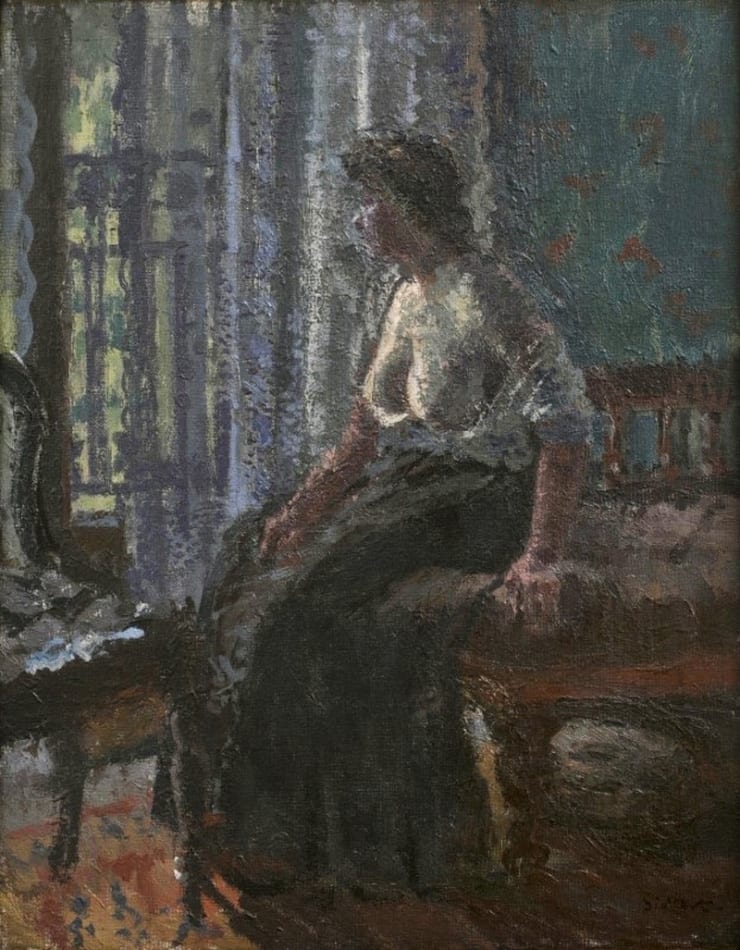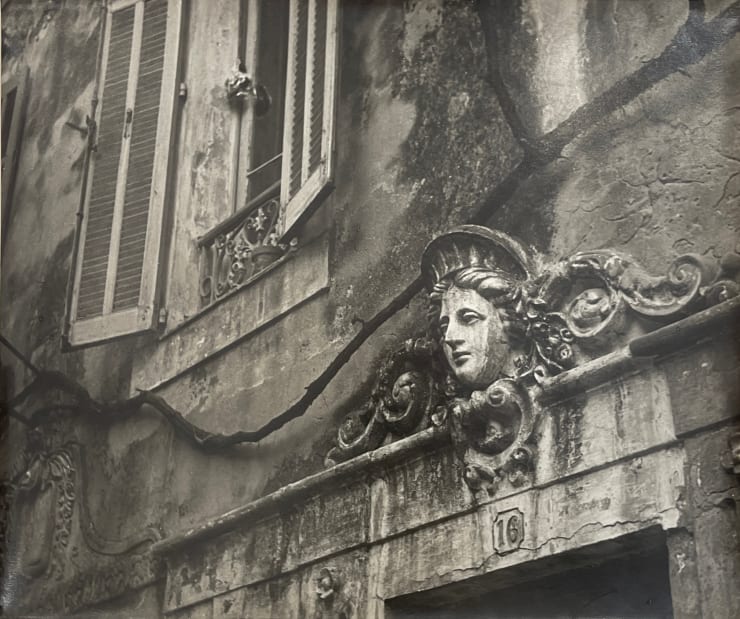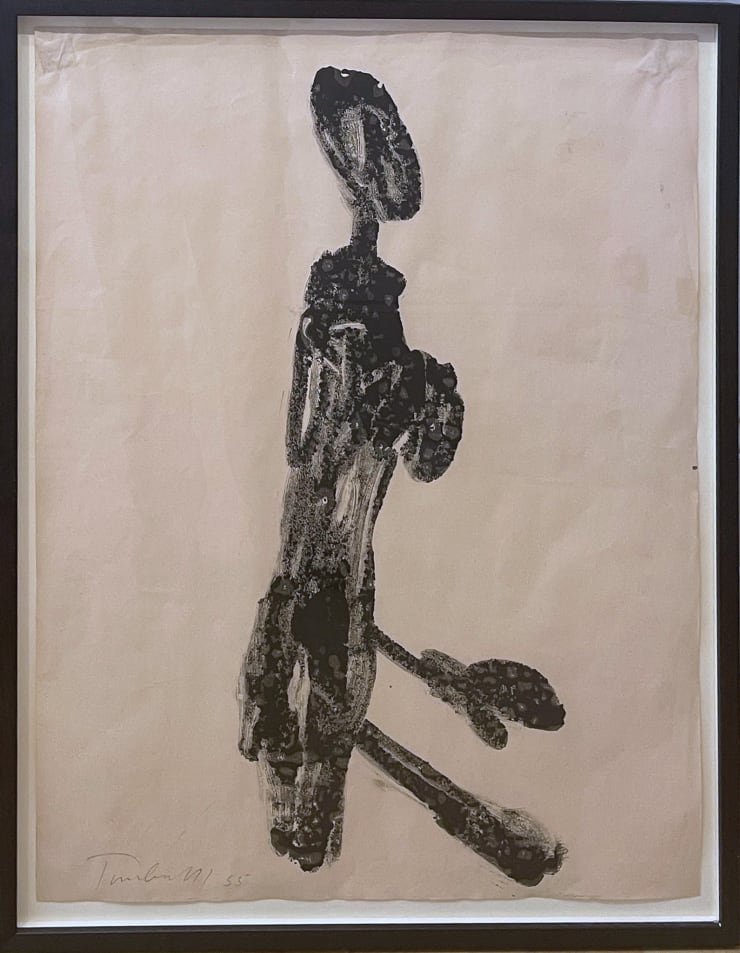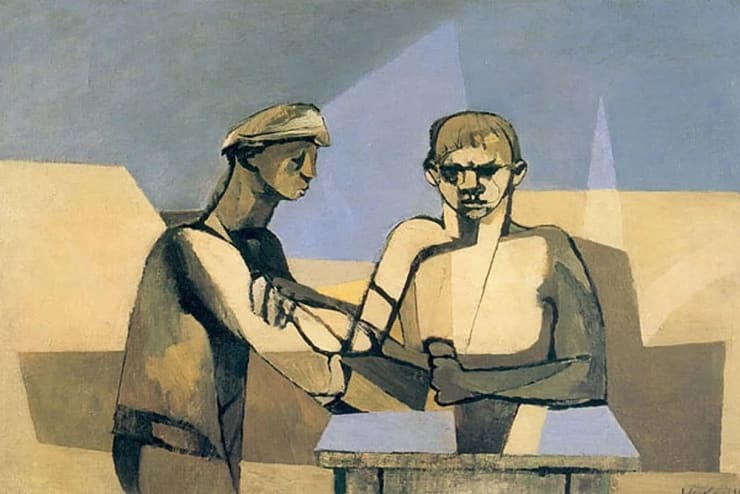James Hyman Gallery celebrated twenty-five years in October 2024. The gallery specialises in Twentieth Century British Art, especially figurative art by the Camden Town School, St Ives painters, Kitchen Sink painters, The School of London; and British Pop Art. Solo shows have included Michael Andrews, Francis Bacon, Lucian Freud, Peter de Francia, Derrick Greaves, Edward Middleditch, Edouardo Paolozzi, Bridget Riley, Colin Self and WIlliam Turnbull. The repesents a select group of major British artists as well as holding an inventory of important Modern British artworks.
-

Michael Andrews
-

Frank Auerbach
-

Francis Bacon
-

Cecil Beaton
-

Bruce Bernard
-

Tony Bevan
-

Peter Blake
-

David Bomberg
-

Bill Brandt
-

David Breuer-Weil
-

Edward Burra
-

Henri Cartier-Bresson
-

Raymond Cauchetier
-

Prunella Clough
-

John Craxton
-

Dennis Creffield
-

Alan Davie
-

John Deakin
-

Peter De Francia
-

Lucian Freud
-

Terry Frost
-

Derrick Greaves
-

Nigel Henderson
-

Patrick Heron
-

Roger Hilton
-

Ivon Hitchens
-

David Hockney
-

Andre Kertesz
-

R.B. Kitaj
-

Leon Kossoff
-

Peter Lanyon
-

Henri Matisse
-

Linda McCartney
-

Robert Medley
-

Edward Middleditch
-

Henry Moore
-

Eduardo Paolozzi
-

Pablo Picasso
-

Paula Rego
-
![Bridget Riley - Untitled [Based on "Primitive Blaze"], 1962](data:image/gif;base64,R0lGODlhAQABAIAAAAAAAP///yH5BAEAAAAALAAAAAABAAEAAAIBRAA7)
Bridget Riley
-

William Scott
-

Walter Richard Sickert
-

Edith Tudor-Hart
-

William Turnbull
-

Keith Vaughan
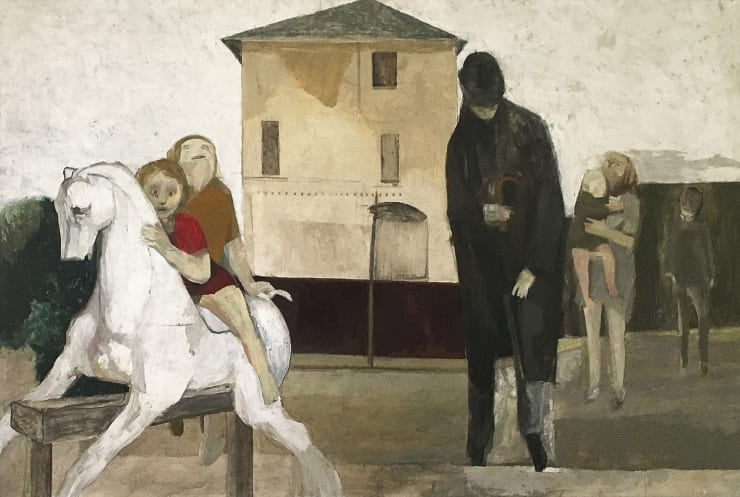
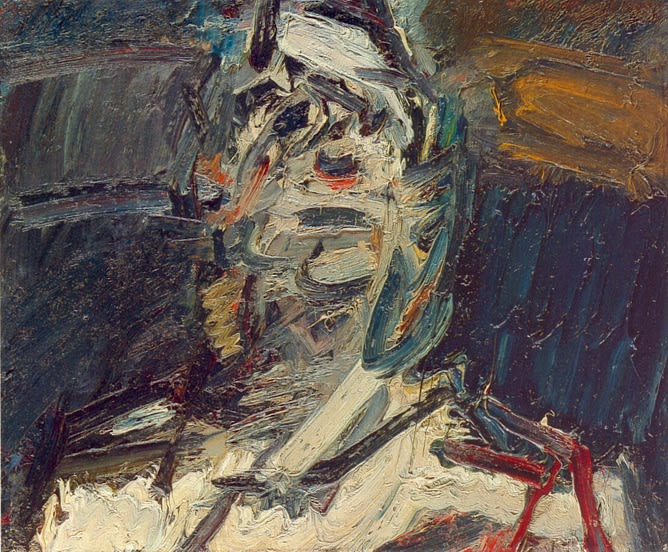


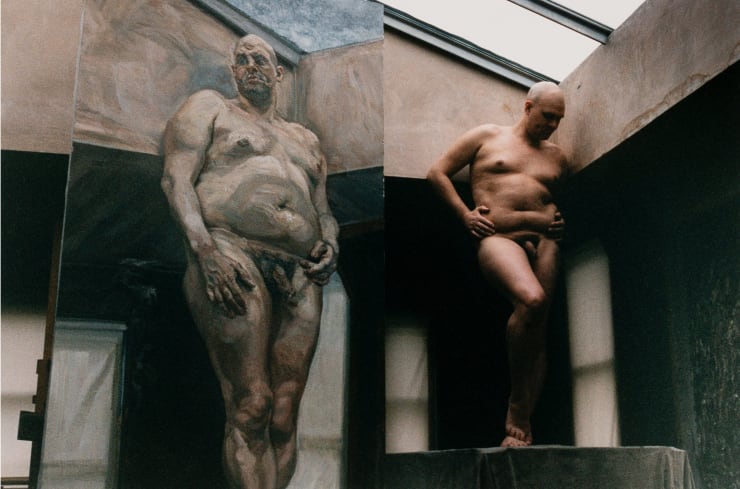
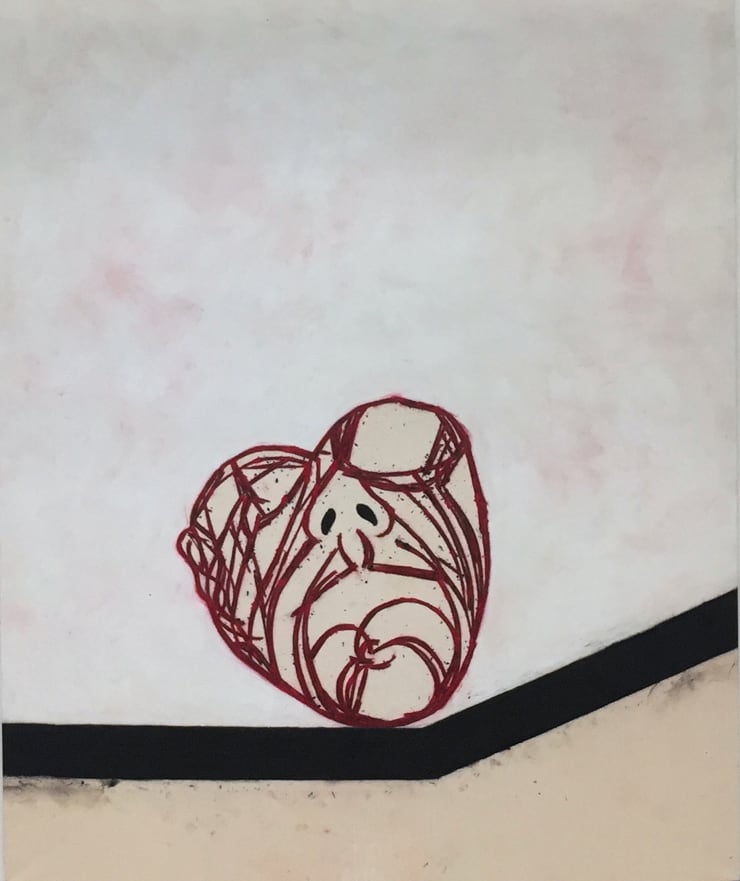
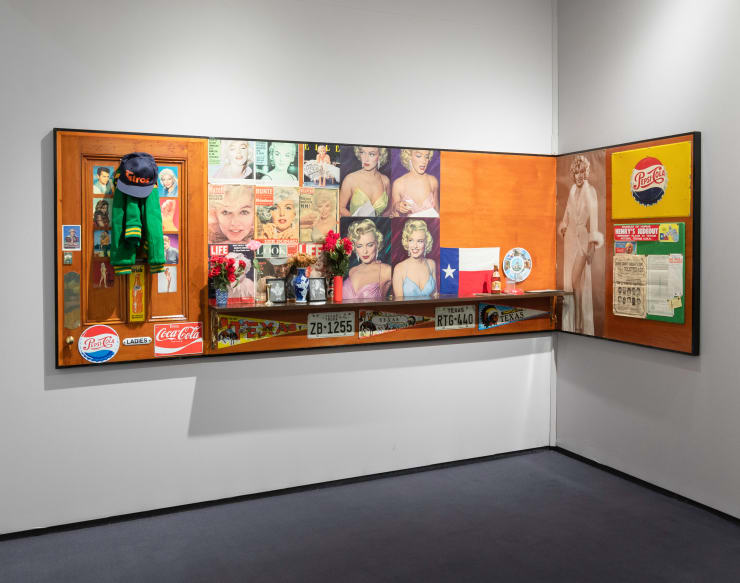
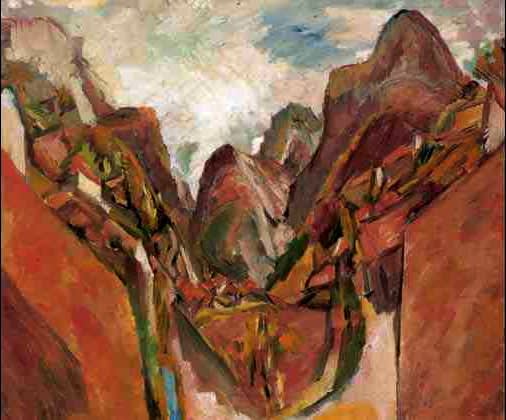
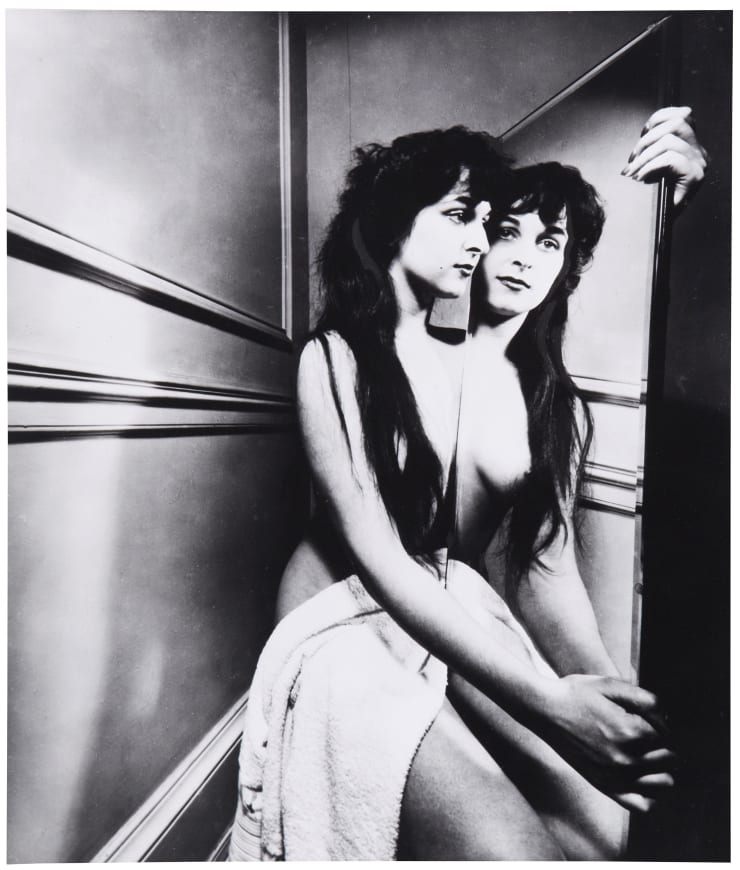
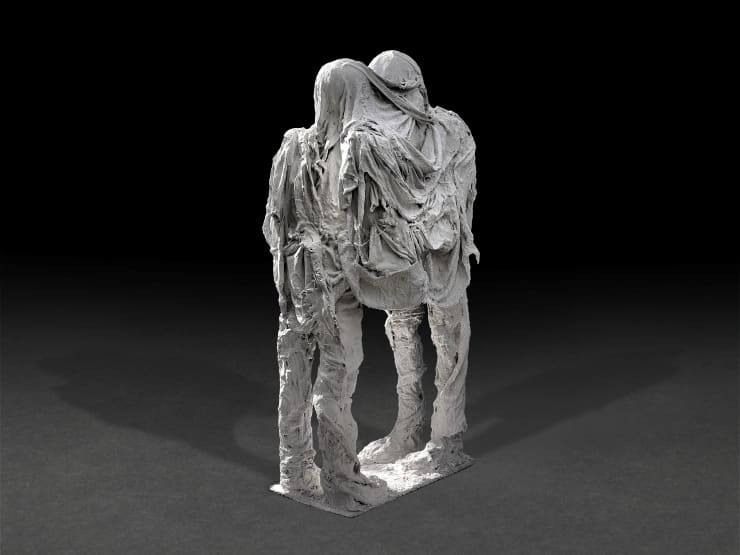


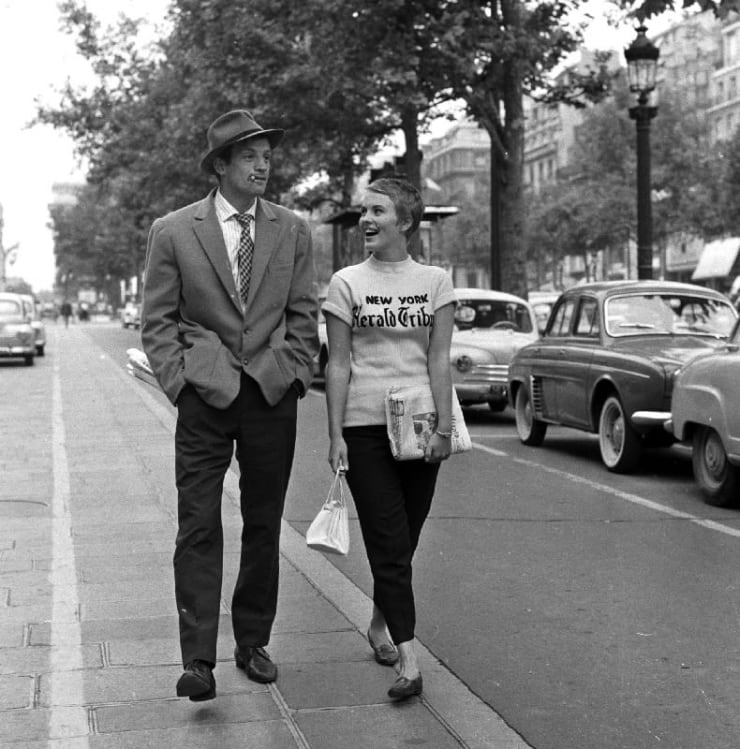
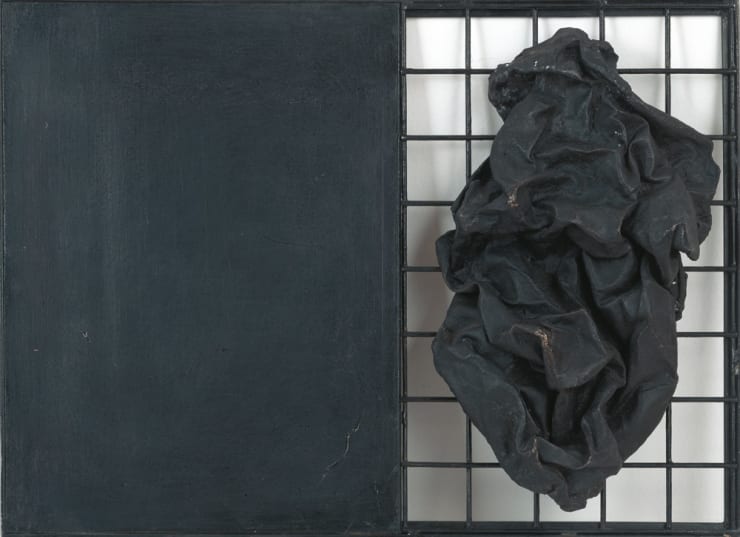
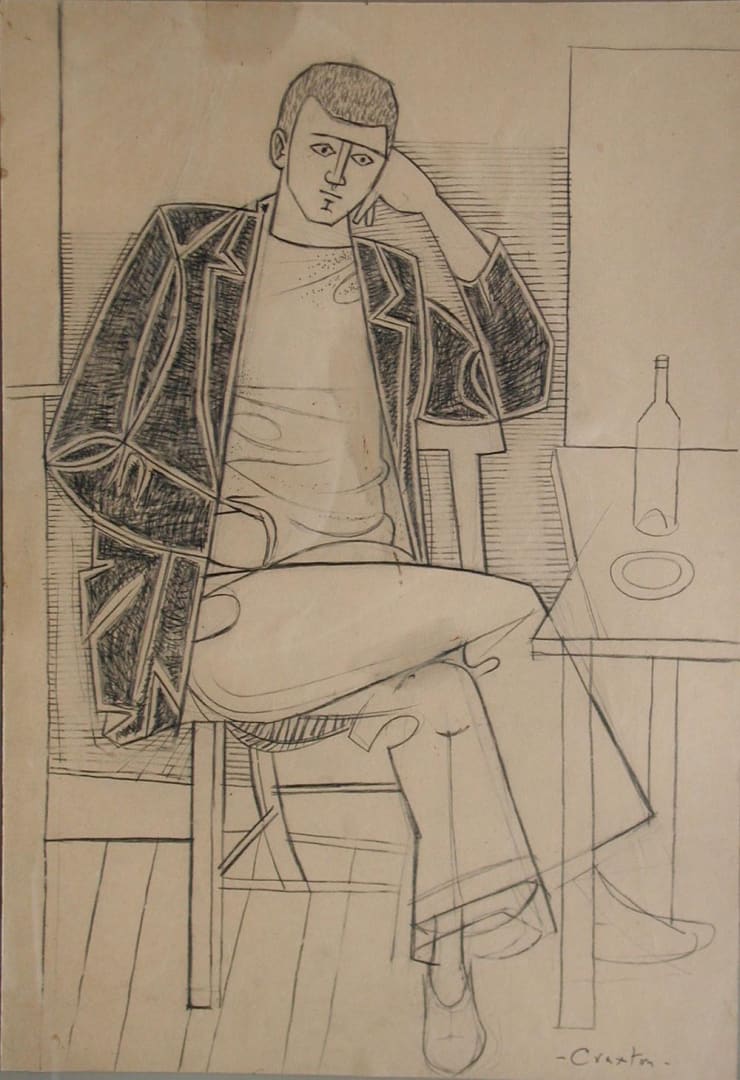
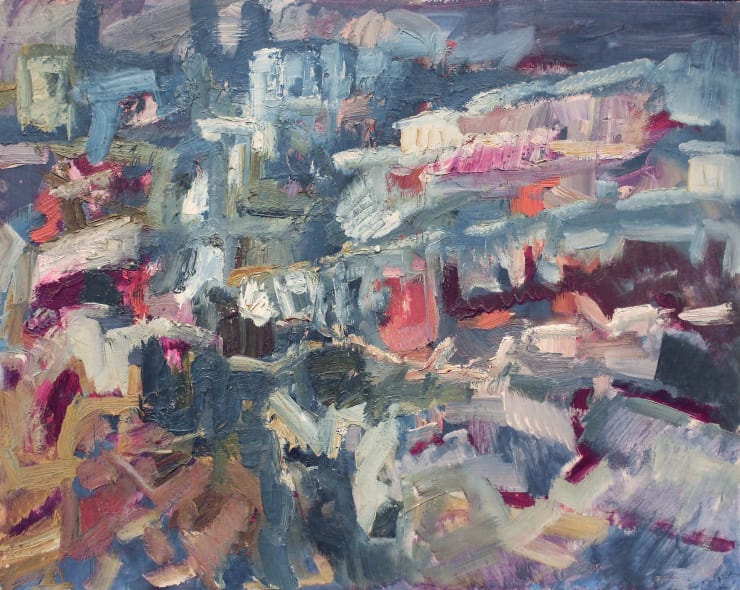
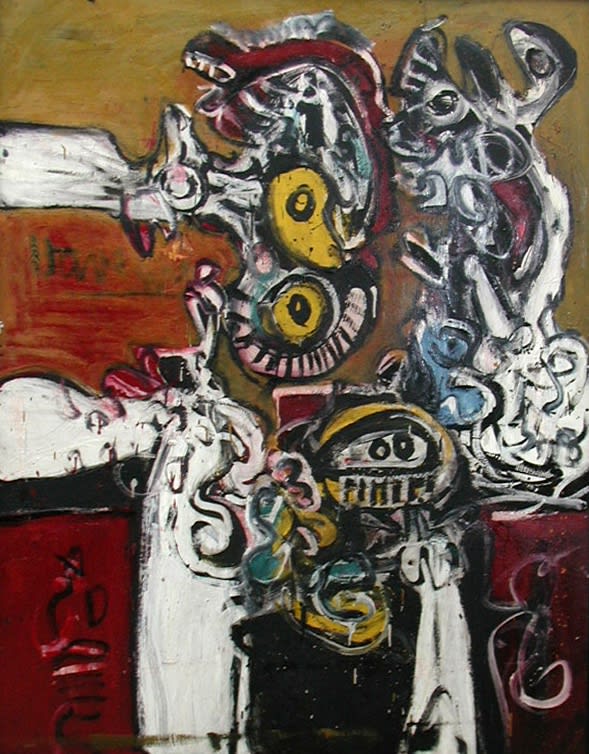
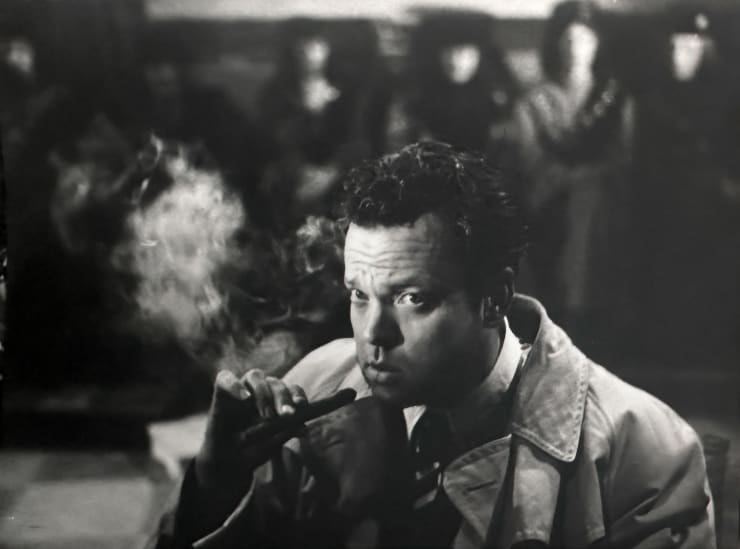
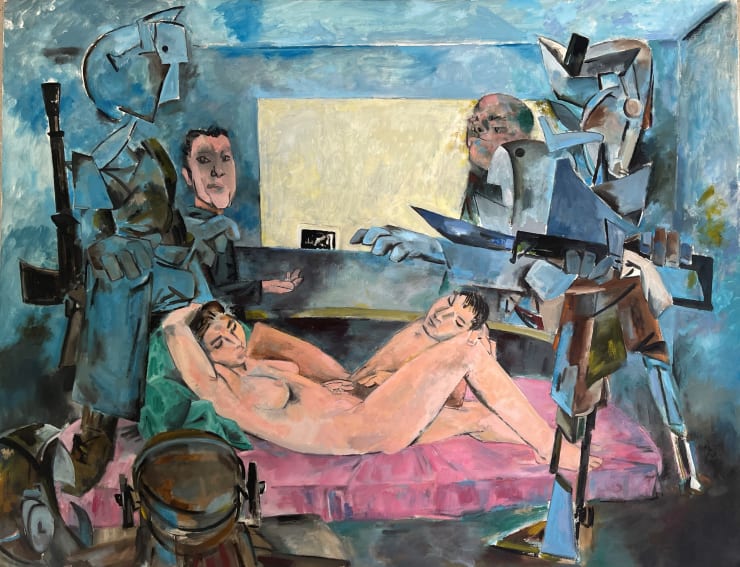
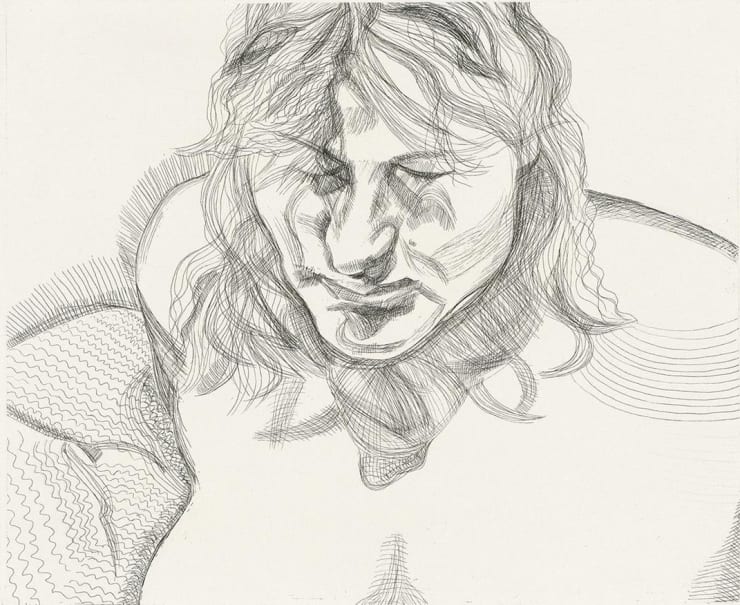
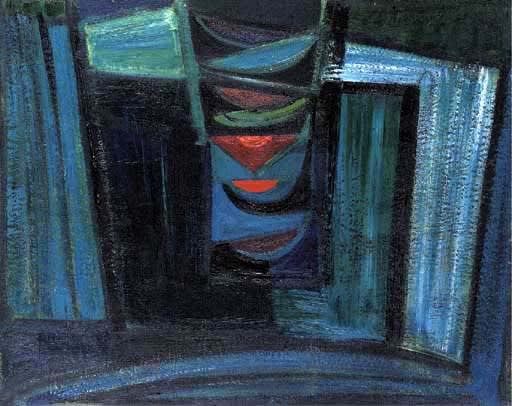
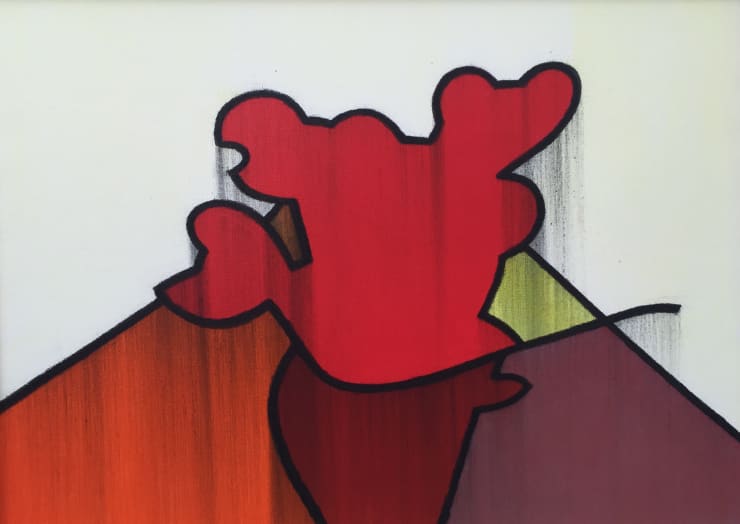
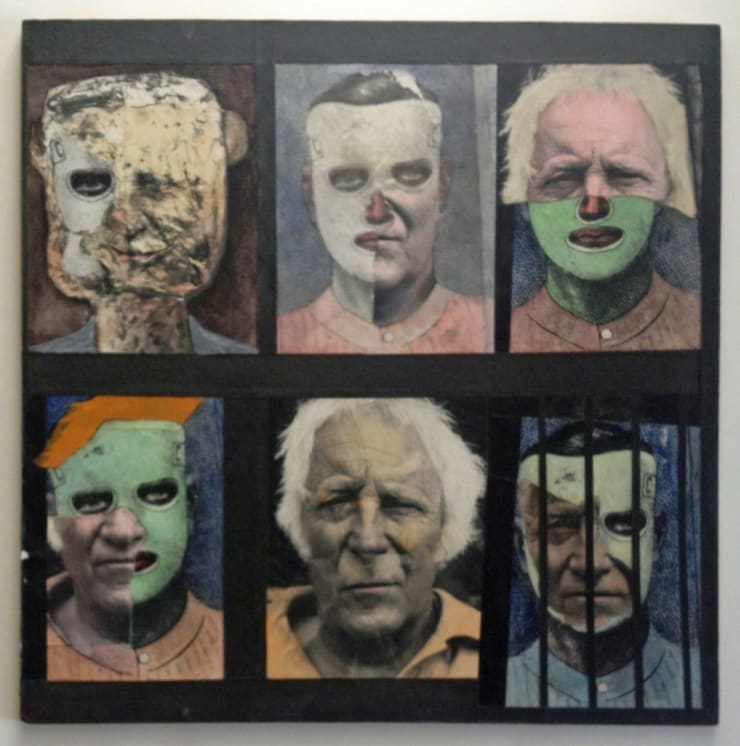

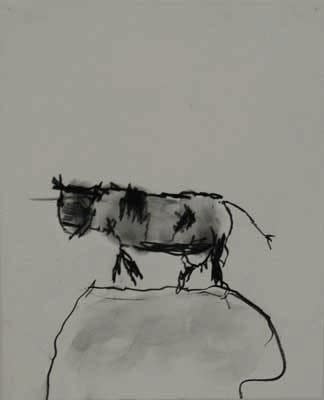

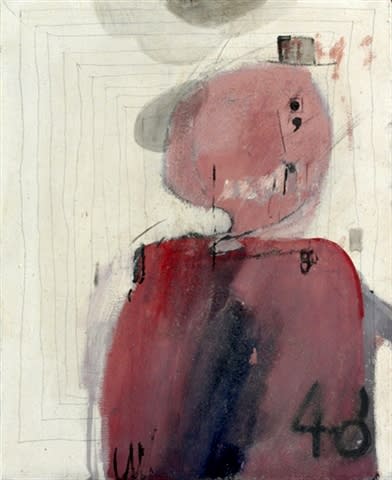
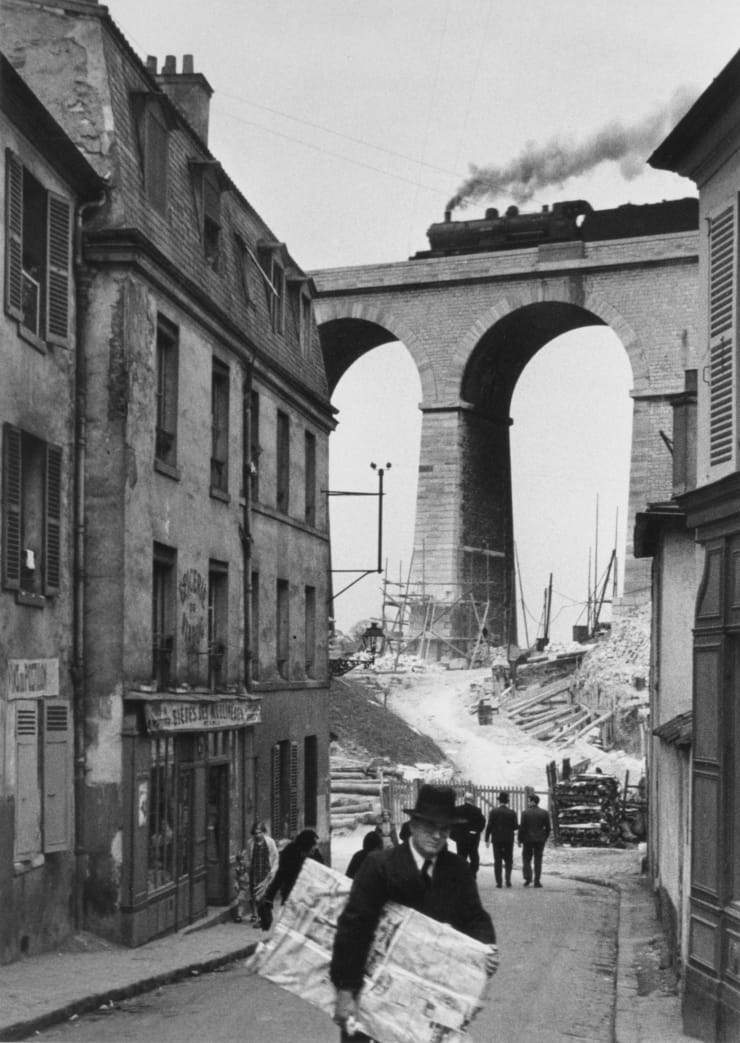
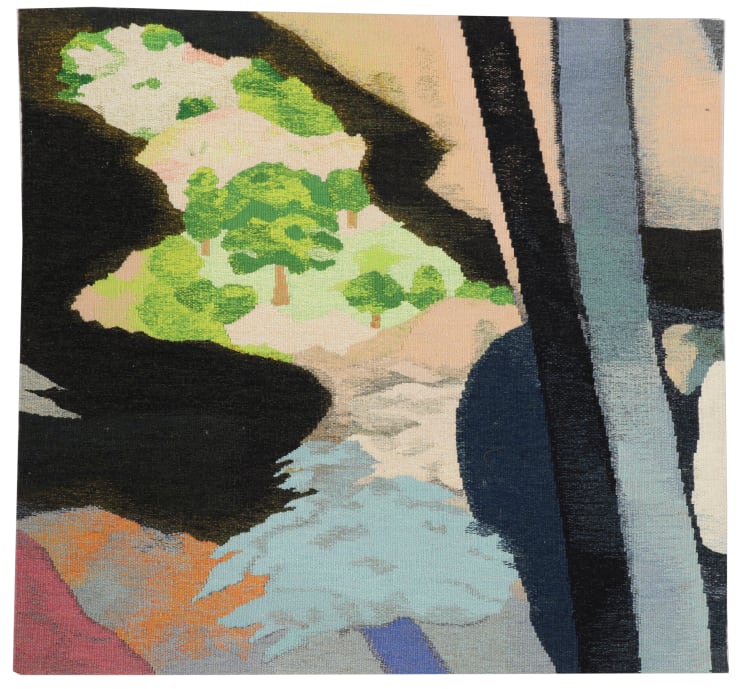
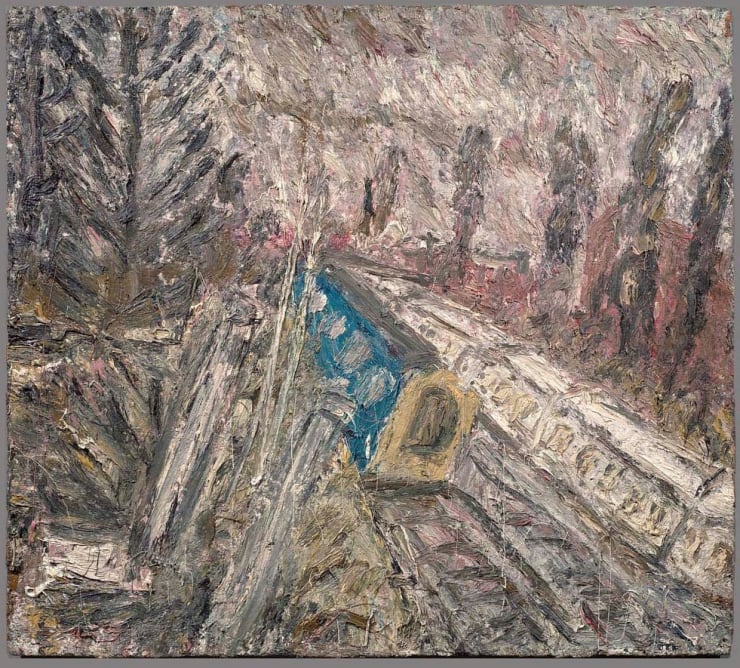
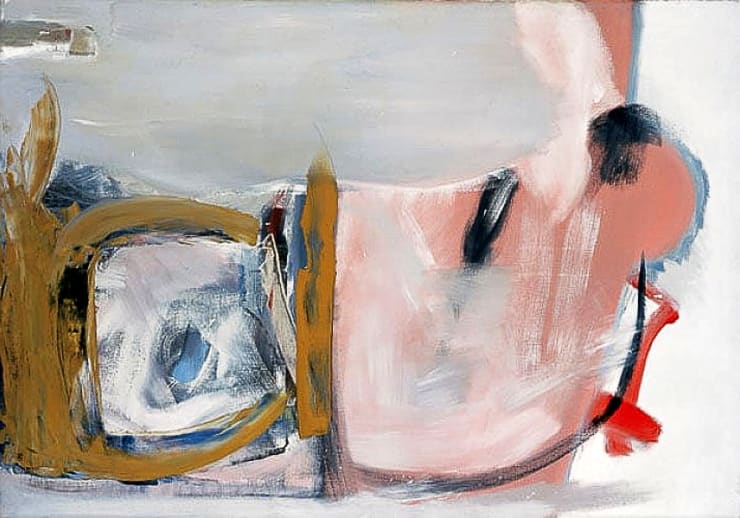


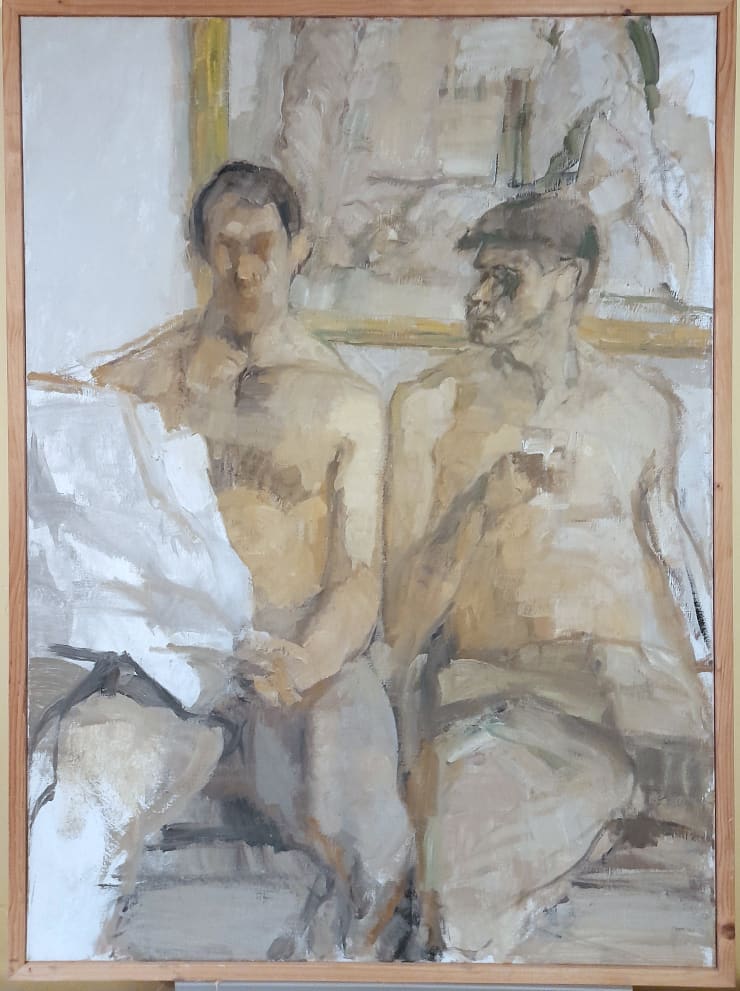

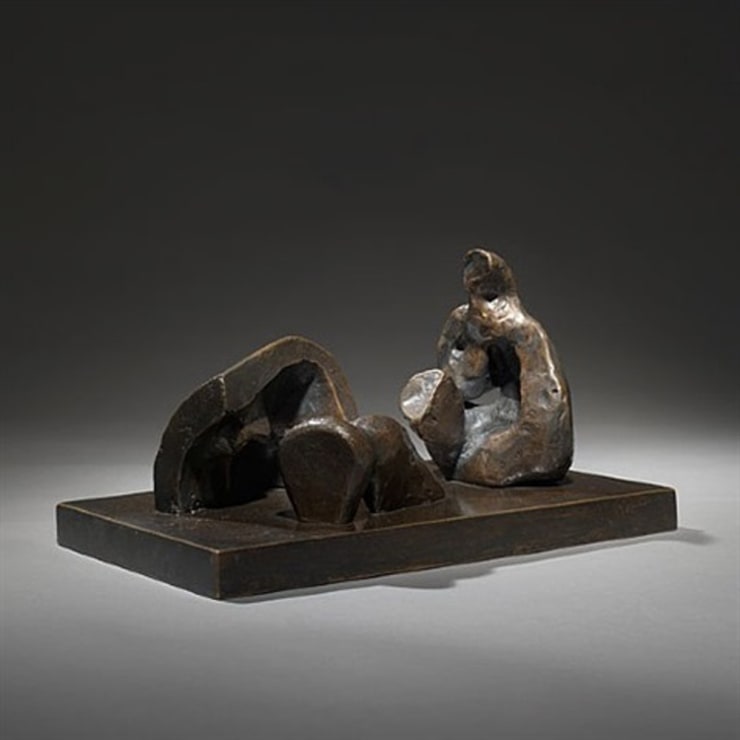
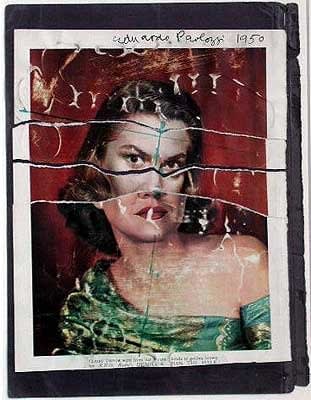

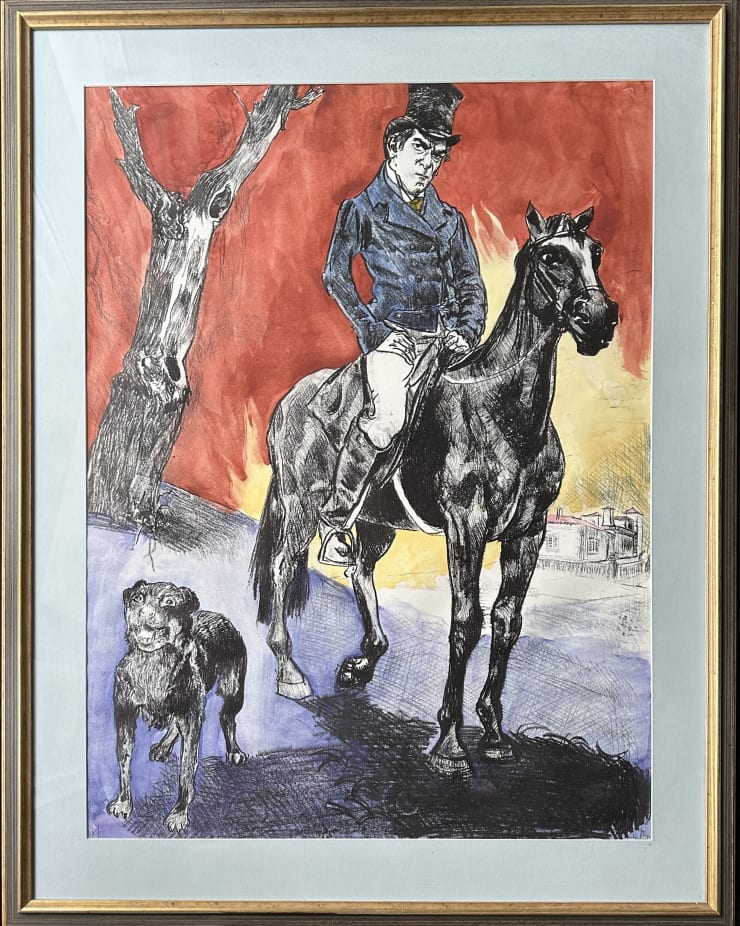
![Bridget Riley - Untitled [Based on "Primitive Blaze"], 1962](https://artlogic-res.cloudinary.com/w_740,c_limit,f_auto,fl_lossy,q_auto/ws-artlogicwebsite0646/usr/images/artists/artwork_image_for_artists_page/items/0d/0d9d34d08d2340aca6b5c22b87d4de20/01-riley-serif.jpg)

